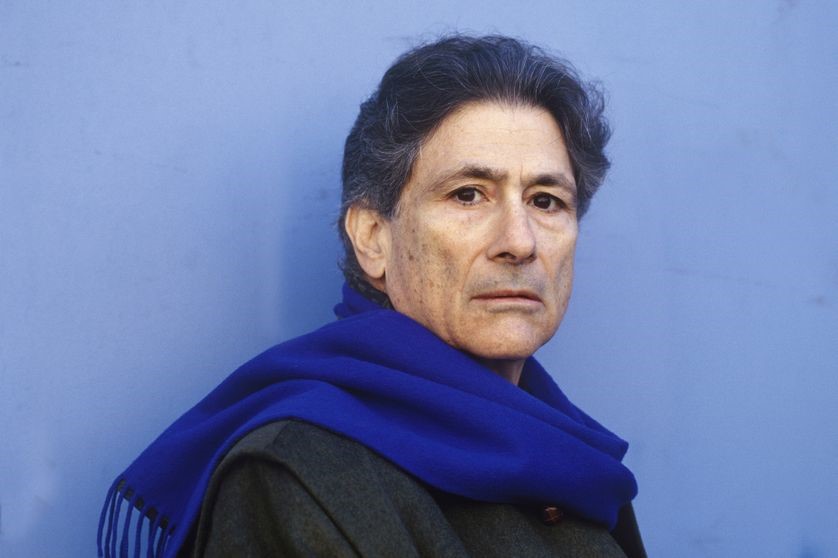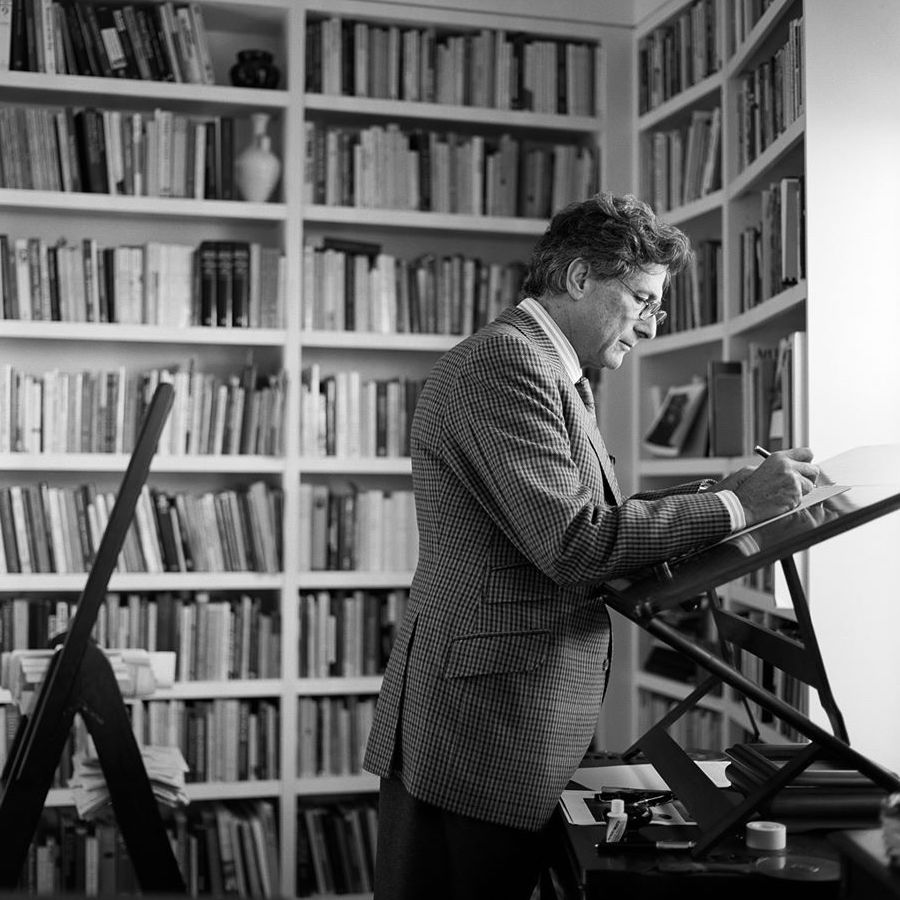
One of the key arguments in Orientalism is that the West has always viewed the East as the “Other,” a term used to describe people or cultures that are different from one’s own
SHOUKAT LOHAR
Edward W. Said was a Palestinian-American scholar, literary critic, and public intellectual who is best known for his seminal book “Orientalism.” This work, published in 1978, has become a classic in the fields of postcolonial studies, cultural studies, and Middle Eastern studies. It examines the Western perception of the East, specifically the Middle East and North Africa, and how this perception has been constructed and perpetuated through literature, art, and scholarship.
Said argues that the West has created a false and essentialized image of the East as exotic, mysterious, and inferior. This image, which he calls “Orientalism,” is a product of Western imperialism and colonialism. Orientalism is not just a set of ideas, but a way of seeing and representing the East that has been internalized by both Westerners and non-Westerners.
One of the key arguments in Orientalism is that the West has always viewed the East as the “Other,” a term used to describe people or cultures that are different from one’s own. This Othering has been used to justify colonialism, imperialism, and domination of non-Western peoples. The West has portrayed the East as barbaric, uncivilized, and in need of Western intervention and guidance.
 Said also introduces the concepts of “Occident” and “Orient” to describe the binary opposition between the West and the East. The Occident refers to the West, while the Orient refers to the East. This binary opposition is not only a geographical or cultural divide, but also a power relationship in which the West is dominant and the East is subordinate.
Said also introduces the concepts of “Occident” and “Orient” to describe the binary opposition between the West and the East. The Occident refers to the West, while the Orient refers to the East. This binary opposition is not only a geographical or cultural divide, but also a power relationship in which the West is dominant and the East is subordinate.
One of the consequences of Orientalism is the erasure of the agency and diversity of non-Western peoples. The West has created a monolithic image of the East that ignores the complexities and richness of the region. This has led to the marginalization and oppression of non-Western peoples, who are reduced to stereotypes and caricatures.
Said’s work has influenced a range of fields, including literary studies, cultural studies, postcolonial studies, and Middle Eastern studies. It has also sparked debates and criticisms from scholars who argue that Said’s analysis is too simplistic and essentialist, or that it ignores the agency of non-Western peoples.
One of the most significant contributions of Orientalism is its critique of the representation of the Middle East in Western media and scholarship. Said argues that the West has constructed an image of the Middle East as violent, backward, and irrational, which has been used to justify Western intervention and domination of the region.
 This representation of the Middle East has also had consequences for the coverage of Israeli atrocities in the region. Said argues that the West has been complicit in covering up Israeli atrocities against Palestinians, by portraying Israel as a civilized and democratic state that is defending itself against barbaric and irrational Arab terrorists.
This representation of the Middle East has also had consequences for the coverage of Israeli atrocities in the region. Said argues that the West has been complicit in covering up Israeli atrocities against Palestinians, by portraying Israel as a civilized and democratic state that is defending itself against barbaric and irrational Arab terrorists.
Post-coloniality, a term used to describe the period after the end of colonialism, is a key concept in Said’s work. He argues that the legacy of colonialism continues to shape the power relationships between the West and the non-Western world. Post-coloniality is characterized by the struggle for self-determination, cultural identity, and political sovereignty by non-Western peoples.
In conclusion, Edward W. Said’s Orientalism is a groundbreaking work that has had a significant impact on the fields of postcolonial studies, cultural studies, and Middle Eastern studies. It provides a critical analysis of the perception of the west about Eastern people.
_______________________
 Shoukat Lohar is Assistant professor in English at Mehran University of Engineering and Technology Jamshoro. He can be reached at Shoukat.ali@faculty.muet.edu.pk
Shoukat Lohar is Assistant professor in English at Mehran University of Engineering and Technology Jamshoro. He can be reached at Shoukat.ali@faculty.muet.edu.pk